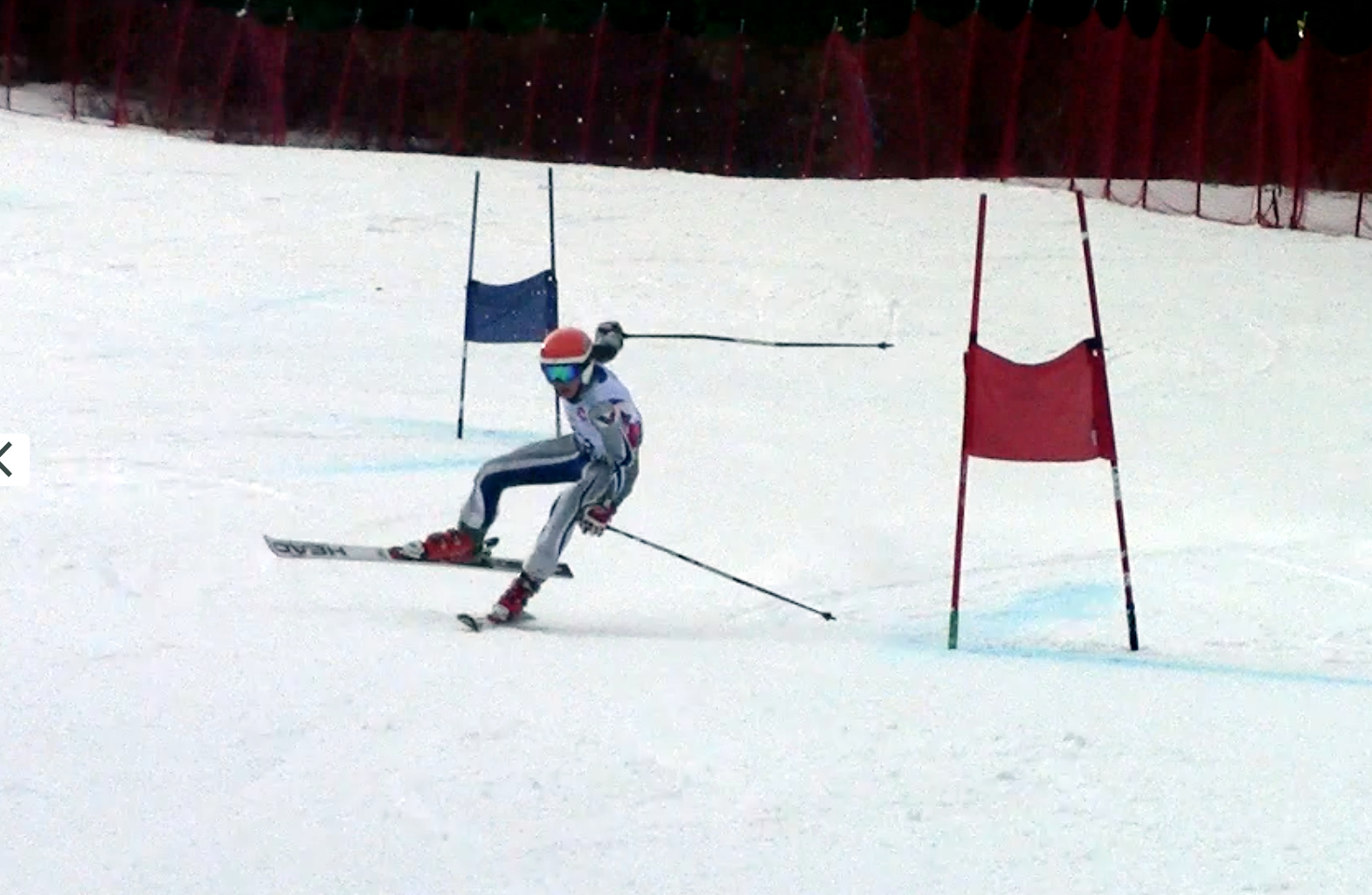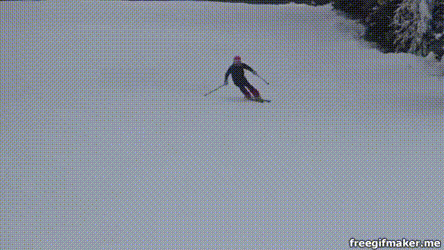Edge of ability
Pub
Share
We improve at the edge of ability... if you are able to find the limits of your ability and play there, and try to push through, then improvements are much quicker. It's just the way our brains are wired: they don't learn much in comfortable situations, but in uncomfortable ones.
One should not pursue goals that are easily achieved. One must develop an instinct for what one can just barely achieve through one’s greatest efforts. Albert Einstein
This was popularized by The Little Book of Talent, as the rule "Find the Sweet Spot".
Embrace struggle
Another of the tips for quick improvement is to "embrace struggle":
The struggle and frustration you feel at the edges of your abilities - that uncomfortable burn of “almost, almost” - is the sensation of constructing new neural connections. Daniel Cole
Some applications in skiing
For instance if you can't quite make a certain turn shape with carving, you could "give up" and resort to skidding or pivoting or just keep trying to carve it until you learn more (safely and within reason, of course).
This would lead to faster improvements... keeping the activity at the 80% success rate.
External cues are also important: how do I know I failed or could do better? Did I touch my boots? Did I touch the gate with the back? Did I make it faster to the bottom? Did I stay above the brushes?
Read also
You need to log in to post a comment!

